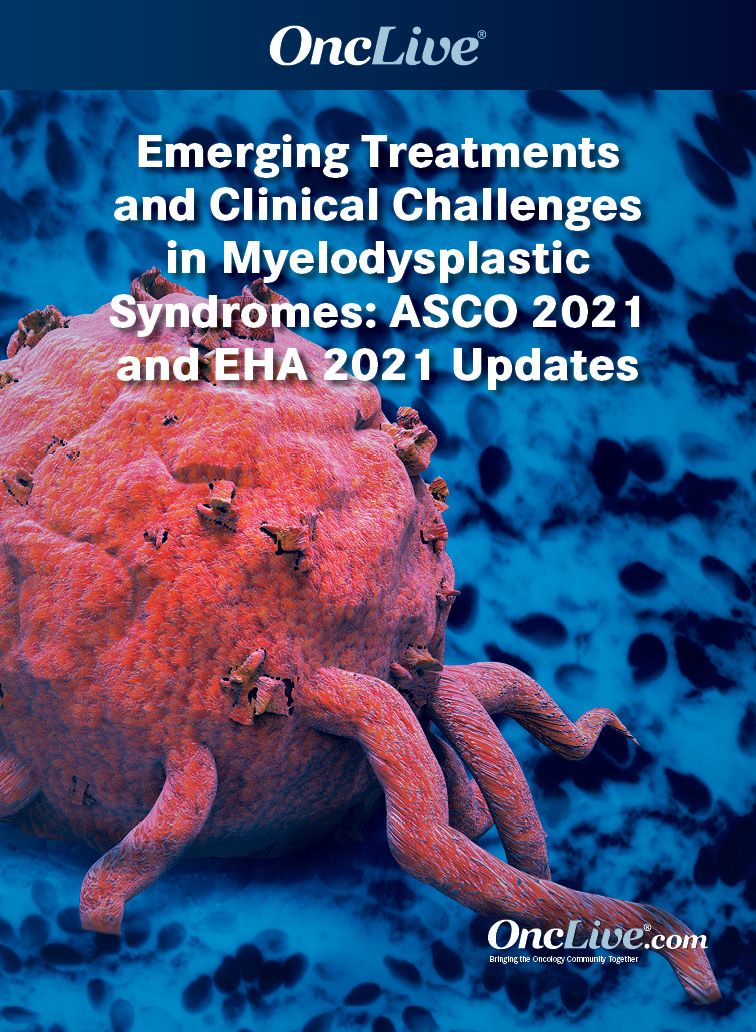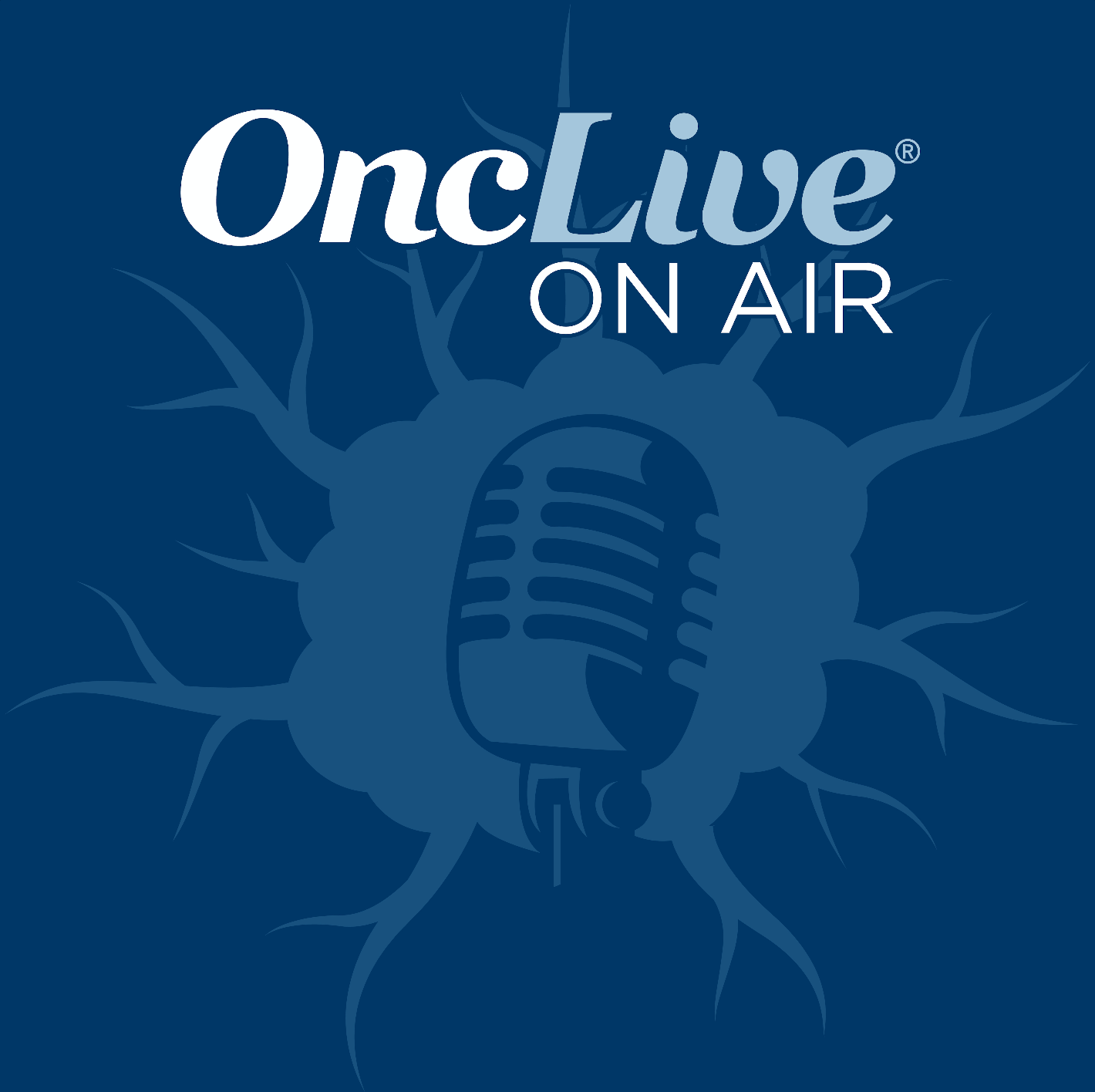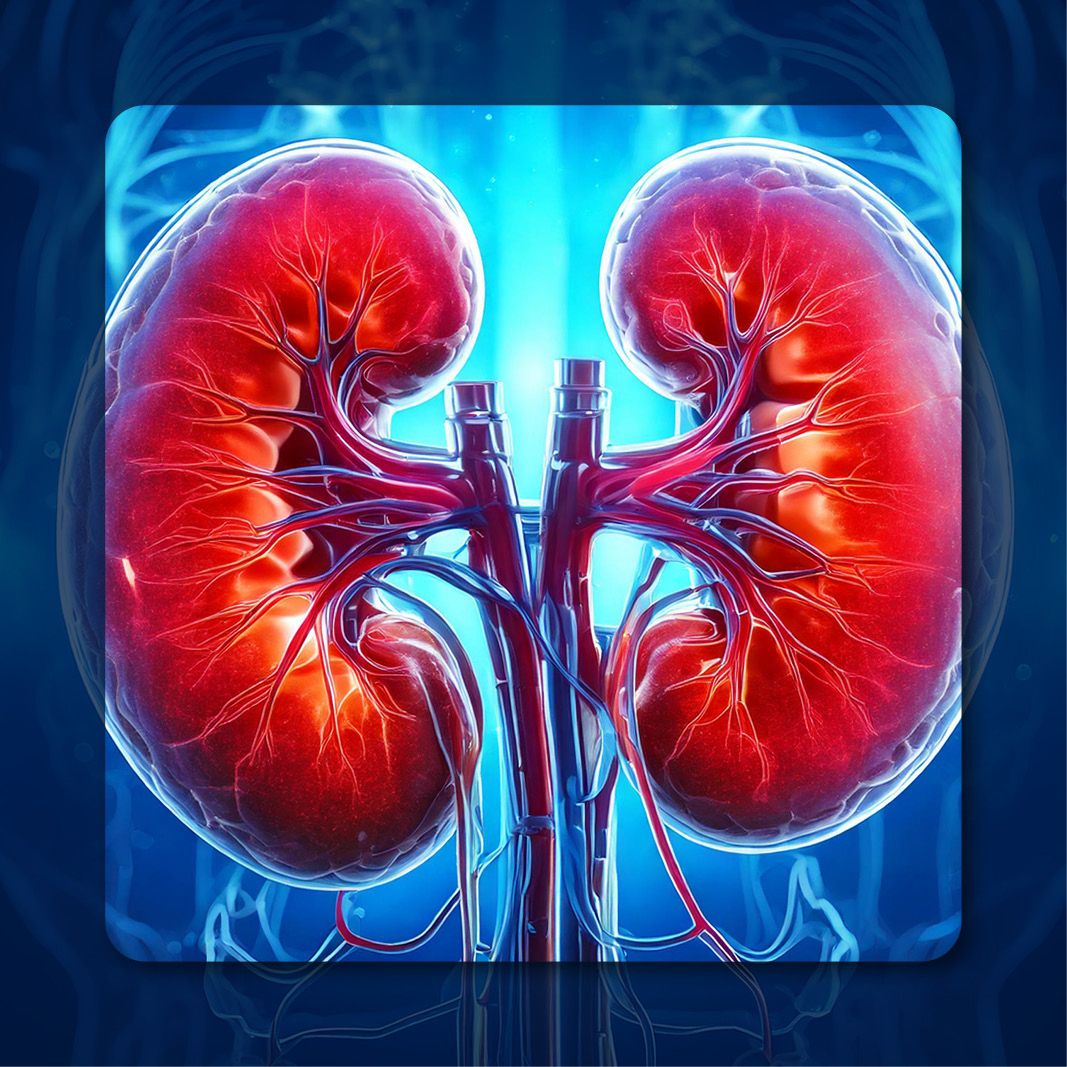Publication
Video
Supplements and Featured Publications
Dr. Sallman on Unmet Treatment Needs in Higher-Risk MDS
Author(s):
David Sallman, MD, discusses unmet needs in the treatment of patients with higher-risk myelodysplastic syndromes.
David Sallman, MD, an assistant member in the Department of Malignant Hematology at Moffitt Cancer Center, discusses unmet needs in the treatment of patients with higher-risk myelodysplastic syndromes (MDS).
Real-world data show that this patient population has a median overall survival (OS) of 17 months to 18 months, according to Sallman. Additionally, half of patients are not experiencing any response to treatment, Sallman says. Moreover, one of the biggest challenges is that once treatment with a hypomethylating agent has failed, patients typically have a median OS of approximately 6 months, Sallman explains.
Currently, no approved, or near approved, agents are available in the second-line setting, and targetable mutations are not utilized for this patient population, Sallman notes. Due to the average survival being less than 2 years, less than half of patients having responses to treatment, and the lack of salvage options outside of allogeneic stem cell transplant, a significant unmet need exists in terms of optimizing frontline therapy for this population, Sallman concludes.
































%20(2)%201-Recovered-Recovered-Recovered-Recovered-Recovered-Recovered-Recovered-Recovered-Recovered-Recovered-Recovered-Recovered-Recovered-Recovered-Recovered-Recovered-Recovered.jpg?fit=crop&auto=format)
%20(2)%201-Recovered-Recovered-Recovered-Recovered-Recovered-Recovered-Recovered-Recovered-Recovered-Recovered-Recovered-Recovered-Recovered-Recovered-Recovered-Recovered-Recovered.jpg?fit=crop&auto=format)
